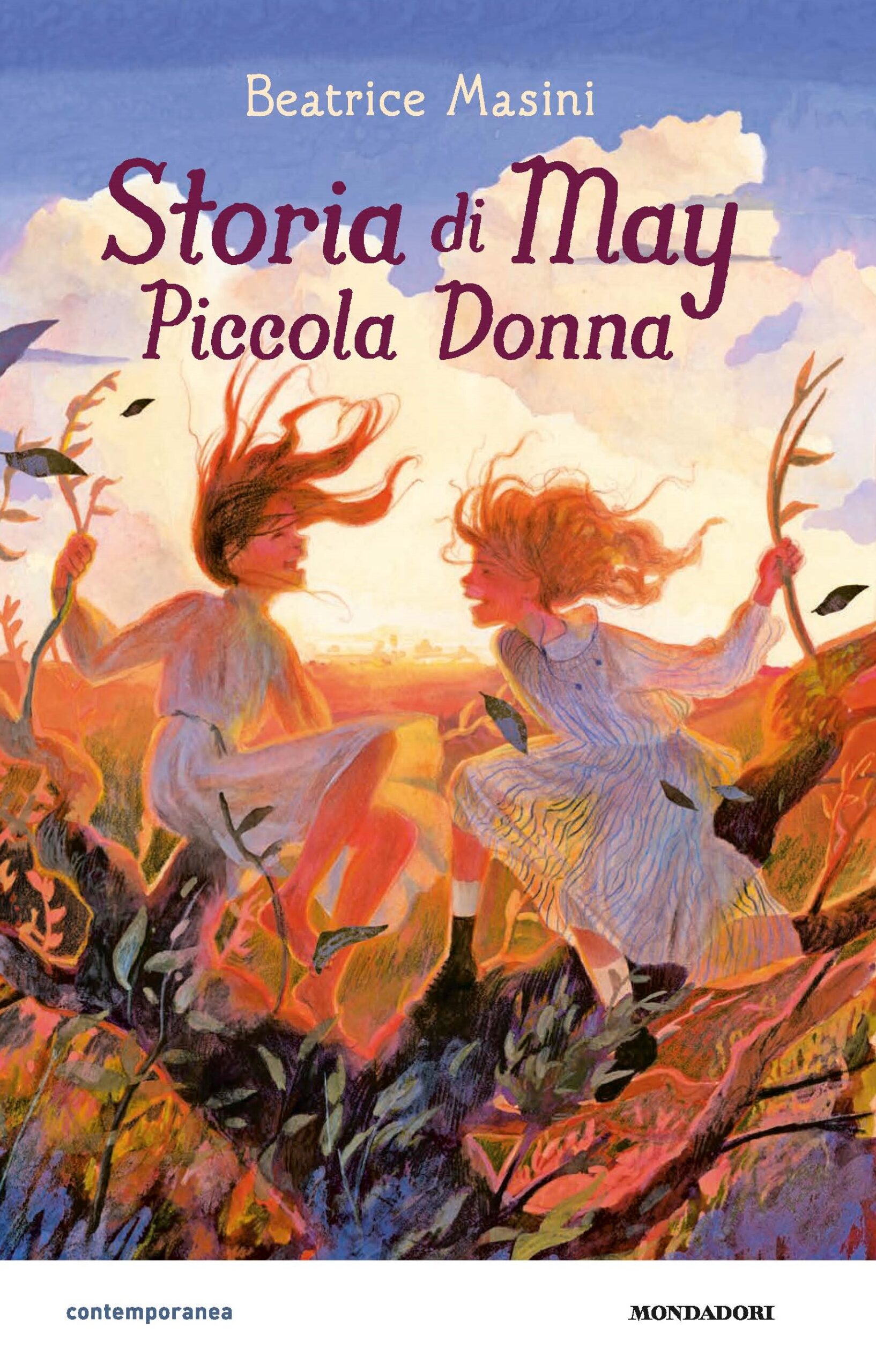A current history on the multifaceted charm of utopias, a smart and profound reflection on writing and imagination, and about growing up and feeling different.
America 19th century. May is still a child, yet she has already learned what it means “to change life”. When her parents move with the whole family from Concord, their town to the Paradise the place where they want to create an ideal community, nothing is as before. In Paradise you do not eat meat, you do not exploit animals, you wear simple linen clothes. Of course, May can immerse herself in the shimmering water of Lake Walden whenever she wants, cradled by the flute of Bel Signore. And it does not happen to everyone to have a tribe of Indians for neighbors and to learn to climb trees led by one of them, Two Moon.
But in the end this new life it is not her choice and the only way to accept a reality that feels to tight on her is to reinvent it and make it better in the letters to Martha, the friend left in town.
May is a girl with a wild imagination, inclined to adventure and play, she fantasizes about possible lives, reinvents the past and imagines the thousand adventures not yet experienced.
She explores her feelings without filters and observes the world with lively curiosity and the ideas offered by a young, sharp and free fantasy.
But above all May is growing and basically just wants to be normal. Adults and their expectations make her feel inadequate, judged, and sometimes even dishonest.
Thanks to the encounters made in Paradise, in that magical and at the same time modest up to the melancholy place, May will learn that, as happens in nature, everything changes and the movement is an essential part of life.
And as Indians teach, finally May will do what is best for her, following the precious advice of a friend: “Grow wild as you are”.
